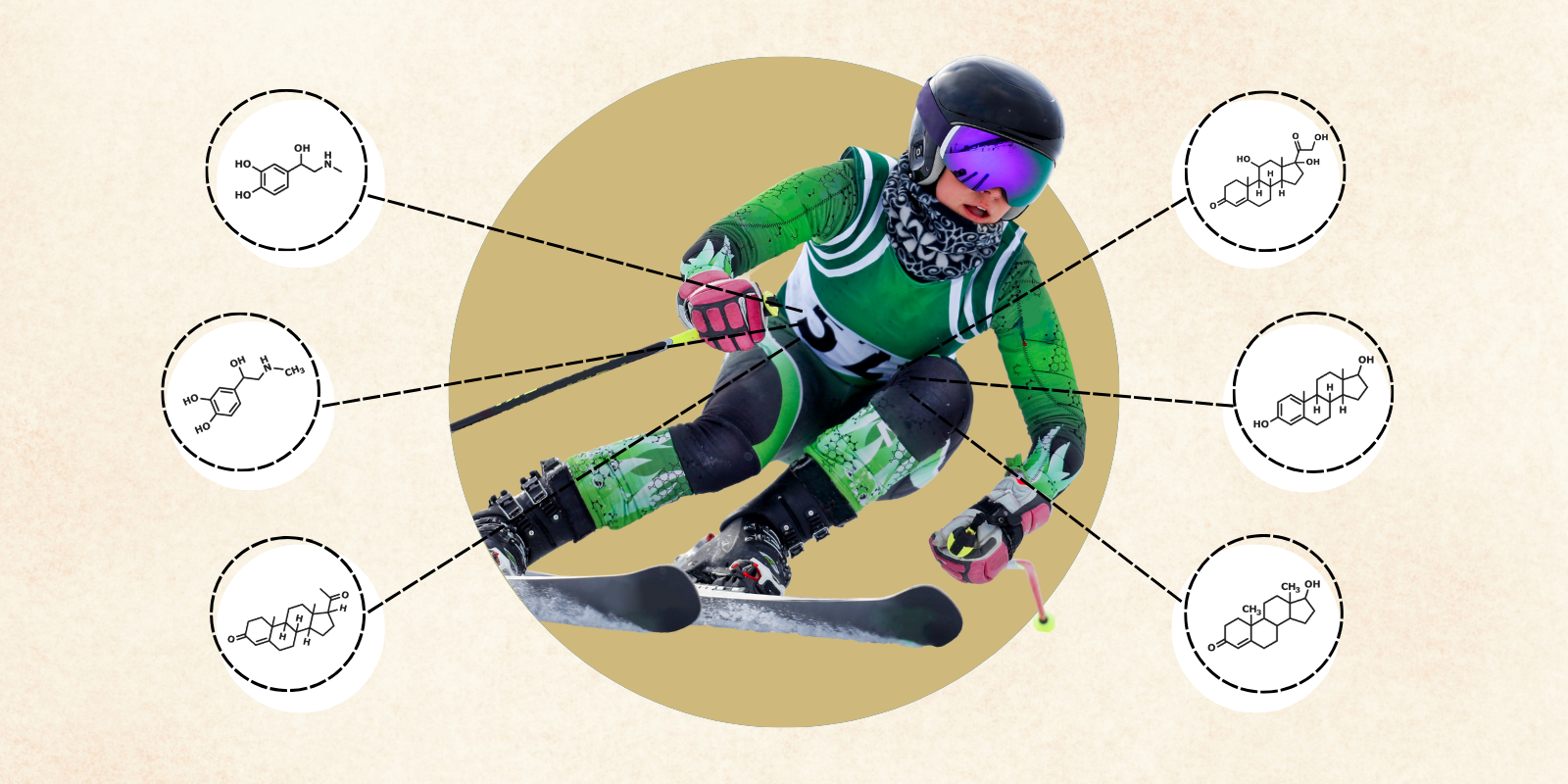It took “an incredible amount of bravery” for a young Colorado woman to be the first American to enroll in a clinical trial that points the way to a promising cell-based therapy for those like her with lupus nephritis, where the body’s immune system attacks the kidneys, says Amber Podoll, MD, a University of Colorado Department of Medicine faculty member.
“She knew she was the first. She was 19 years old and made the decision with the help of her parents. It took such a huge leap of faith to go for it,” says Podoll, an associate professor in the CU Division of Renal Diseases and Hypertension. A lupus specialist for 15 years, Podoll is a principal investigator of the ongoing study.
“At one point she had been going to school in a wheelchair and had been hospitalized multiple times for very severe lupus,” Podoll says. “Her pediatric rheumatologist had been caring for her for those 10 years, and came to me and said, “We have given her every medicine that we have available commercially. Her disease has not responded to any of these medications”
But after the patient joined the clinical trial, “a whole lot of magic happened,” Podoll says. “She did extremely well and had complete resolution of her lupus. She said, ‘I just never thought I could be a person without lupus.’”
Antibodies that attack the body
Lupus is a chronic autoimmune disease. The most common form, systemic lupus erythematosus (SLE), can lead to inflammation in various organs, pain or swelling in the joints, skin rashes, and fatigue.
Lupus nephritis is a serious complication of SLE in which the immune system attacks the kidneys, potentially harming their ability to remove waste from blood and regulate body fluids and hormone levels. It can lead to kidney failure if untreated, requiring dialysis or a kidney transplant. It’s more common in young women, and in Black or Hispanic women in the United States, Podoll says.
Podoll says cell-based therapies like the one she’s testing offer a potential new approach to treating very complex, severe autoimmune conditions like lupus nephritis that often don’t respond well to existing treatments.
“Even with the best therapies we have currently, we’re only getting about 45% remission rates,” she says. “With lupus nephritis, the body is making antibodies that are attacking itself. Here we’re trying to tell the body to stop making these antibodies. In theory, it could help reset the immune system.”
On therapy for 10 years
Initial data from two U.S. patients in the Phase 1 trial were presented in March at the 14th European Lupus Meeting in Bruges, Belgium. The trial, which started last summer in the United States after earlier work in Germany, tested a type of CAR T-cell therapy using modified versions of a patient’s own immune cells. It’s a type of therapy more commonly used against cancer.
The young Colorado woman who was the trial’s first U.S. participant was diagnosed with lupus at age 9 and had been on therapy nonstop for 10 years, she says.
Podoll met with the patient and determined she met the criteria for her trial. “She began a two-month journey to undergo the treatment.”
In Podoll’s trial, T cells (a type of immune cell) are extracted from a patient’s blood. Then, those cells are changed in the lab by inserting chimeric antigen receptor (CAR) genes to create special receptors targeting B cells, which are involved in autoimmune diseases like lupus. Millions of the modified CAR T cells are grown in the lab. Meanwhile, the patient is given medications to temporarily weaken the immune system so the CAR T cells can work. The CAR T cells are then infused back into the patient.
An expanding study
At the start of the trial, the young Colorado patient “went to her high school senior prom, and she got a kidney biopsy a few days later, and she had her cells collected the next week,” Podoll says. “Then she graduated from high school, and was hospitalized for the CAR T process.”
Thirty days out of the hospital, the young woman “started to feel really good,” Podoll says. The treatment was generally well tolerated. The patient started to be able to walk around campus without pain and had resolution of her joint pains, rashes, and fatigue. Her lab results showed improvement in all the markers of lupus that showed a complete response to the therapy.
“We got her moved into the dorm on time so she could start college,” Podoll says. “She joined the dance team and she got involved in school. No one at school knows she has lupus.”
So far there have been 20 patients placed on the CAR T-cell therapy worldwide, including three in the U.S., Podoll says. More patients are being recruited nationwide for Phase 1 of the trial, and it is now approved to proceed to a Phase 2 trial.
It is uncertain if the response to this therapy will be durable over time, Podoll says. Patients in Germany have sustained remission at three years. She says this treatment may not be the best option for all patients but it is something to consider when there has not been a response to standard therapies.
“We were fortunate to have been the first site in the U.S.,” Podoll says. “The University of Colorado and our UCHealth hospital partner have been so receptive to this study. At every juncture, the university has made the impossible happen.”
Podoll cites “an incredible collaboration with our oncology colleagues, namely Jonathan Gutman, MD, ClinImmune, the CU Research Pharmacy and oncology nursing. There are over 35 individuals involved in getting a single patient through the entire process. We are poised as an institution to be a pioneer is this rapidly emerging frontier in lupus and other autoimmune conditions.”
For more information about the clinical trial, contact Lisa Kornfeld at 303-724-7790 or LISA.KORNFELD@CUANSCHUTZ.EDU



